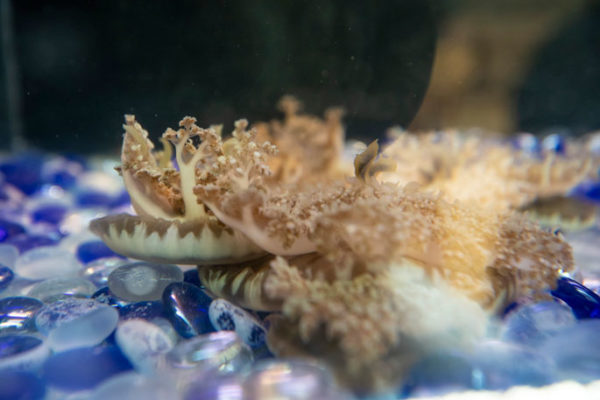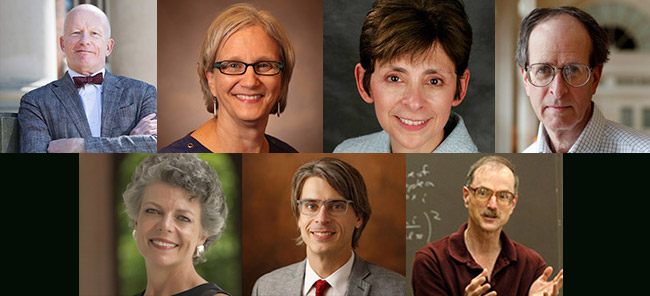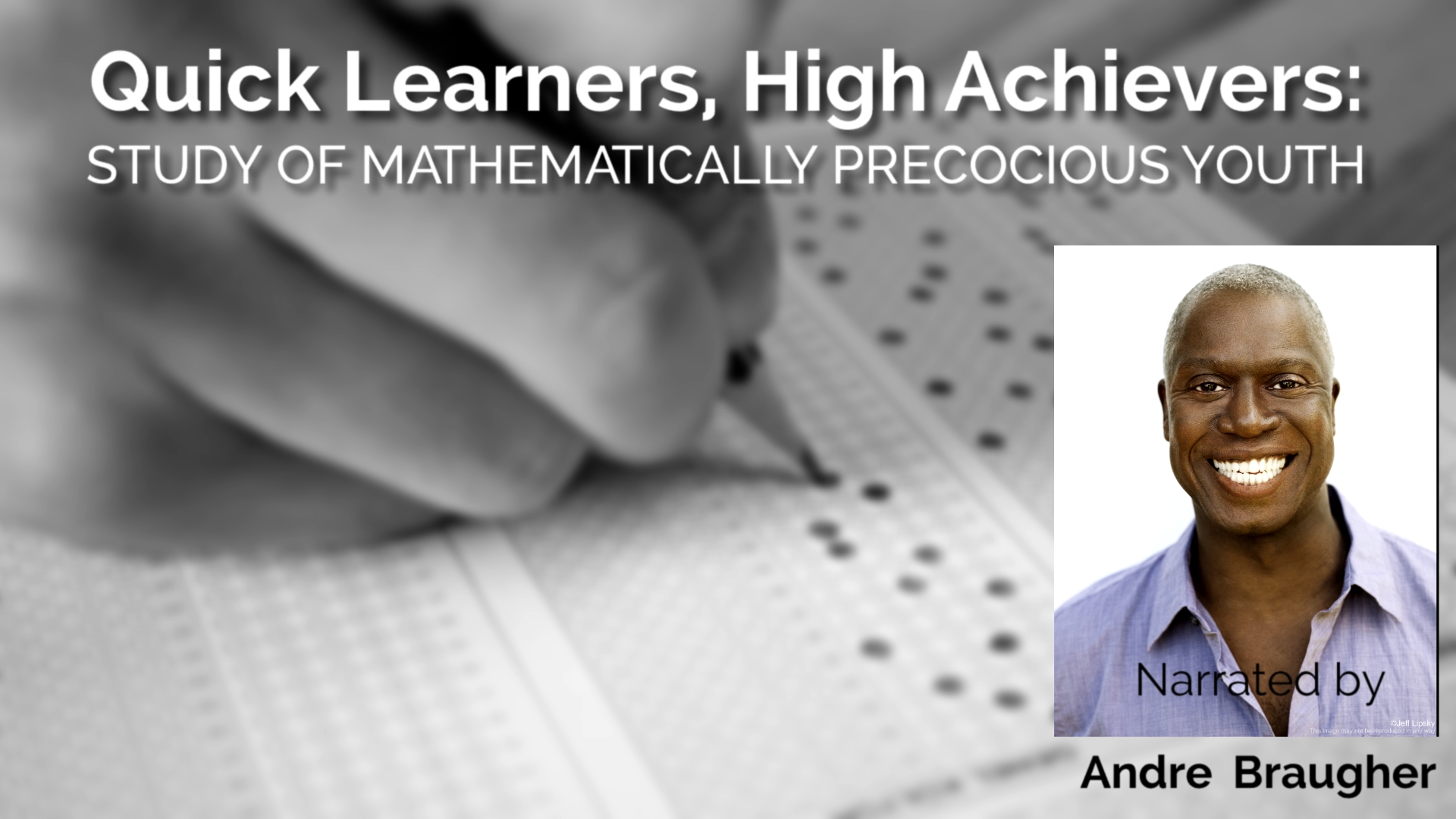Gifted Education
-

Upside-down jellyfish teach land-locked teens about ocean conservation
More than a dozen Cassiopea, more commonly known as “upside-down jellyfish,” from the Tennessee Aquarium in Chattanooga, have taken up residence as part of the marine science program at the School for Science and Math at Vanderbilt, a program of Peabody College's Department of Teaching and Learning and the Center for Science Outreach. Read MoreAug 19, 2018
-

Noted scholars of giftedness to receive lifetime achievement award
Vanderbilt University professors Camilla P. Benbow and David Lubinski have been selected to receive The International Society for Intelligence Research’s 2018 Lifetime Achievement Award for Outstanding Contributions to the Field of Intelligence. Read MoreFeb 21, 2018
-

Vanderbilt faculty ranked among top influencers in education
Seven professors on the faculty at Vanderbilt University’s Peabody College of education and human development are once again included in an annual listing of the most influential public scholars in education. Read MoreJan 12, 2018
-

Watch: A 45-year study has changed the way we view giftedness
The world’s foremost longitudinal examination of gifted children is the subject of a new film, “Quick Learners; High Achievers: Study of Mathematically Precocious Youth.” Read MoreOct 9, 2017
-

Teachers, race and gifted access
High-achieving black students are half as likely as their white peers to be assigned to gifted education. Their teachers’ race may explain why. Read MoreAug 31, 2016
-

Early spatial reasoning predicts later creativity and innovation, especially in STEM fields
Exceptional spatial ability at age 13 predicts creative and scholarly achievements more than 30 years later, according to results from a Vanderbilt University longitudinal study, published in Psychological Science, a journal of the Association for Psychological Science. Read MoreNov 22, 2013